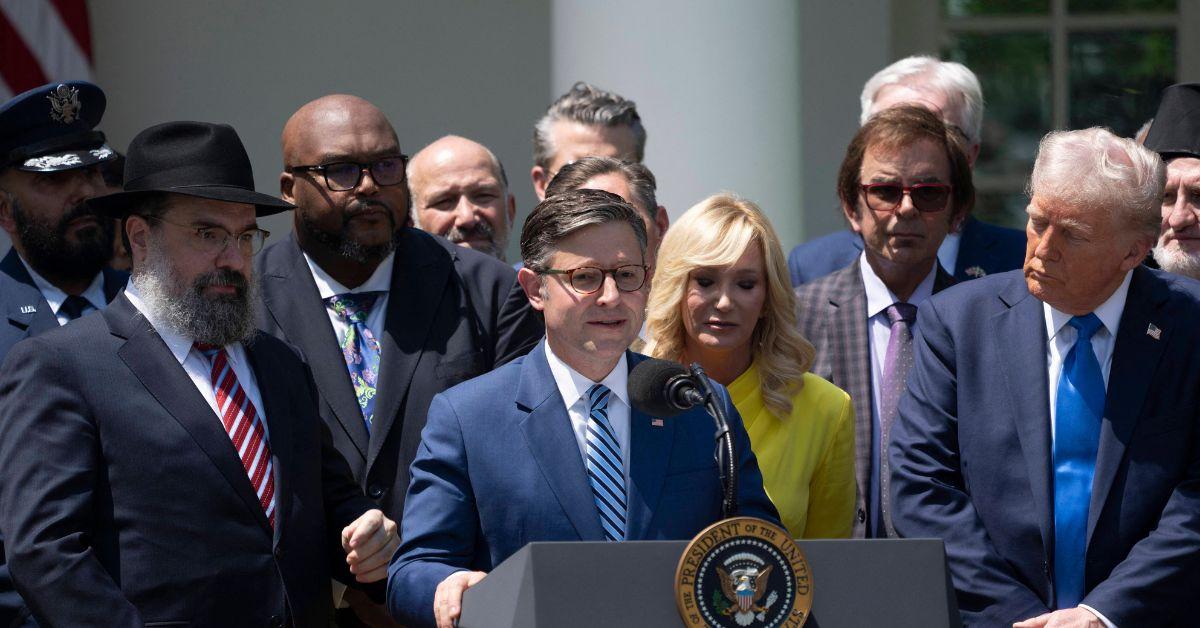The Big Beautiful Bill Has Passed the Senate, but Did Any Democrats Vote for it?
No Democrats have voted for the bill, at least not yet.
Published July 2 2025, 10:37 a.m. ET

The Republicans have gotten one step closer to making Donald Trump's budget bill, which is known as the Big Beautiful Bill, into law. A different version of the law already passed through the House of Representatives in May. After some modifications, it has now passed through the Senate. It now goes back to the House for a final vote.
Given that it's a Republican piece of legislation, it's only logical to assume that most of the votes for the bill in both chambers came from Republicans. Now, many want to know whether any Democrats supported the bill. Here's what we know.

Which Democrats voted for the Big Beautiful Bill?
The Big Beautiful Bill passed out of the Senate with 51 voting in favor of the bill and 50 opposing. That means that every single Democrat voted against advancing the legislation, as did three Republicans. Sens. Rand Paul of Kentucky, Thom Tillis of North Carolina, and Susan Collins of Maine were the Republicans to vote against the bill, and Alaska Senator Lisa Murkowski was a crucial vote in support of it.
The same was true in the House of Representatives, where the bill was passed with only Republican support, and Democrats unanimously opposed it. Thus far, then, the bill has not received any support from Democrats, and it seems unlikely to do so as it moves closer to passage. This bill will be passed on a strictly party-line vote, in all likelihood, and then head to President Trump's desk for a signature.
Why do Democrats oppose the Big Beautiful Bill?
The Democrat caucus, which contains a wide range of ideological viewpoints, has been able to remain united about this budget bill in part because they argue that it represents a massive transfer of wealth from the poor to the rich. Although the bill does many things, one of its principal reasons for existing is to cut taxes for all Americans, but particularly those who make the most money.
The bill offsets the cost of some of these taxes (but not all) by cutting programs like Medicaid and SNAP that are almost entirely designed to help the poorest Americans. They argue that the bill is not the kind of legislation the American people have been calling for, and that the wealth transfer it represents could have hugely negative consequences for the Americans who are already in the most need of assistance.
Republicans, meanwhile, argue that these tax cuts are necessary and that the bill contains funding for things like ICE detention centers. The core Republican argument has long been that illegal immigration is at the root of many American problems.
While plenty of experts suggest that's not actually the case, it certainly doesn't hurt to have someone to blame. Of course, if people figure out just how much money millionaires are getting out of this bill, they might begin to realize that immigrants aren't the only reason they're struggling. That might be a tall task, but it's one Democrats are betting on heading into next year's elections.